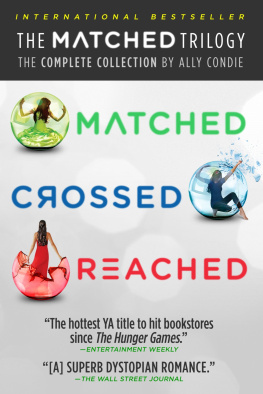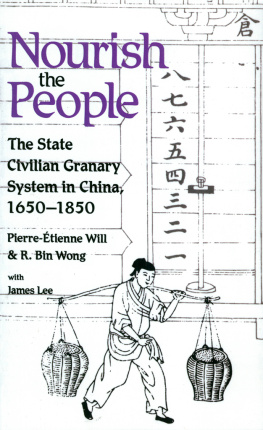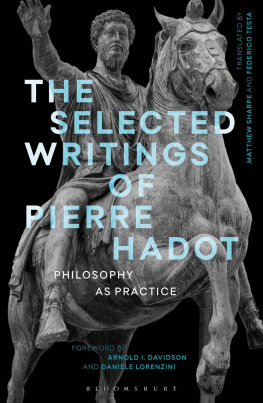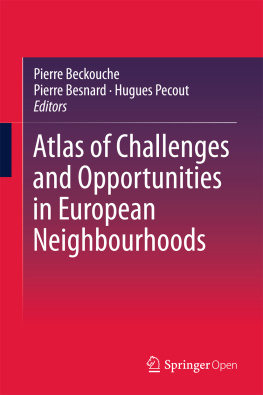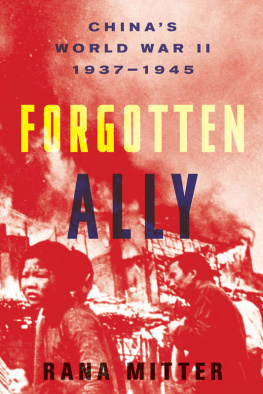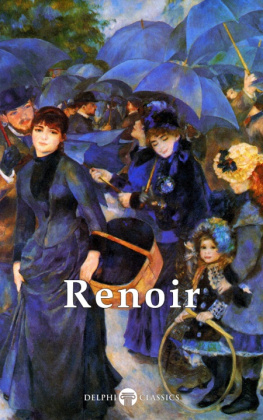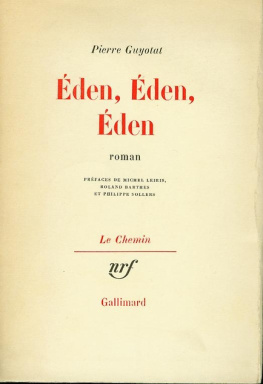This edition is published by PICKLE PARTNERS PUBLISHINGwww.pp-publishing.com
To join our mailing list for new titles or for issues with our books picklepublishing@gmail.com
Or on Facebook
Text originally published in 1943 under the same title.
Pickle Partners Publishing 2016, all rights reserved. No part of this publication may be reproduced, stored in a retrieval system or transmitted by any means, electrical, mechanical or otherwise without the written permission of the copyright holder.
Publishers Note
Although in most cases we have retained the Authors original spelling and grammar to authentically reproduce the work of the Author and the original intent of such material, some additional notes and clarifications have been added for the modern readers benefit.
We have also made every effort to include all maps and illustrations of the original edition the limitations of formatting do not allow of including larger maps, we will upload as many of these maps as possible.
THE FORGOTTEN ALLY
BY
PIERRE VAN PAASSEN
AUTHORS PREFACE
Since the war now raging is one of global dimensions, involving the future and destiny of all mankind, it may appear to some that the solution of the problems of so small a country as Palestine, will be but an incidental, if not a task of minor importance for the United Nations at some future peace conference. I have nevertheless made Palestine the central theme of this book.
I have done this because I do not believe that the defeat of the Axis will automatically solve the Jewish problem with which Palestine is intimately and inextricably bound up. For that question is in fact being settled now; on the one hand by the frightful and uninterrupted killing of Jews in Europe and on the other by the lack of interest in high places, both in Britain and in America, in providing the terrorized remnants of European Jewry with a means of escape or even with a ray of hope for survival.
In the welter of immense and vexing problems facing the United Nations in Europe, Asia, and Africa, especially in the worlds traditional areas of colonialism, wherein Palestine is located, the present method of dealing with the Jews by reassuring them from time to time with saccharine but perfectly meaningless phrases and on the other hand by enforcing their exclusion from Palestine may well be, I am afraid, indicative of the manner and spirit in which other peoples problems are to be dealt with by the secret diplomacy of an unregenerate imperialism.
The fate of the Jews is being settled today by political events in the Near East and by decrees issued by Britains Colonial Office. The new and better world that is to emerge from mankinds present agony is becoming visible in the Holy Land. It is not a happy or inspiring sight.
As one who is aware and who feels with a sense of personal involvement Christianitys guilt in the Jewish peoples woes and the constant deepening of their anguish, I could no longer be silent. I made no emotional appeal. My language is not violent; the facts are. I simply stated the case of the Jews and their country for the consideration of all men of good will.
PIERRE VAN PAASSEN
CHAPTER 1THERE ARE NO MORE PROPHETS!
IN my childhood in HollandI may have been fifteen or sixteen years of ageI, remember one evening accompanying my parents to church when prayers were offered there for the return of the People of Israel to the Holy Land. There was no haughty condescension or self-righteousness about those prayers. The congregation consisted of humble Calvinist shopkeepers and farmers, a cross-section of the kleine luyden, the small people of the Netherlands whose fathers had fought the Spanish Empire in a war of eighty years duration for the sake of freedom of conscience. The Master of the Universe was implored to restore His People of Israel to the land He had promised them, because in the Christian world, throughout which they were dispersed they had, almost everywhere, been treated abominably. It was said from the pulpit that the sins of the Czar of Russia (for it was a time of pogroms in the Ukraine) were our sins. It was by our fault, the fault of universal Christendom and therefore of every individual Christian, that despite two thousand years of preaching the Gospels lesson of brotherly love, the Jews could still not live in peace in our Western world. It was crucifying Christ anew, it was shattering His mystical body, said the minister, to allow the kinsmen of the Prophets and of the Lord himself to be hunted as wild beasts from one land to another....
The return of the Jews to the land of their origin was not only asked in order that we might thereby be liberated from our blood guilt and our share of co-responsibility in the matter of their age-long persecution, but that the name of God might be glorified by prophecy fulfilled and by the ancient lamps on Zions hill being rekindled as a light to all mankind. Every people had its own function and destiny. In order to fulfill that destiny and task the Jews must preserve their own national character, live again in their own house, and make of their Hebraic civilization a consciously rendered contribution to the sum total of the building of the Kingdom of God on earth, with its thousand gates and its scores of widely divergent national architects....
After the service, the minister, a Walloon Huguenot by the name of Caspar Daubanton, stopped at my fathers house and was lodged in my room. As we lay in the dark, I said to him: But the Jews of Holland will never go to Palestine. And as to the others, in the other countries, how many will be left by the recurrent waves of terror to take up in Palestine where their fathers left off nearly two thousand years ago?
Daubanton replied: Do not say: they have left off. Judaism is still a living reality. It has been transplanted, it is true, from the Holy Land and has unquestionably suffered in the process of being torn from its roots, its locale, its soil, and its spiritual climate. But it is not dead. Since the Jews left Palestine they have created things of great spiritual valuethe Talmud, for instance. The spiritual creativity of Judaism has not withered. Judaism is not dead. It suffers from anemia. It has no anchor. It would regain its health if allowed to function unhampered, and that can only be if the Jewish people have back a place where they can work freely.
And then referring to my remark about the Dutch Jews, he expressed the hope that they would never wish to depart from us. They had been an honor to Holland and true brothers from the day they came to us from Spain. And then Dr. Daubanton said something about which I have often thought in later years as his words came back to me. There is, he said, a mystery about the people of the Jews, a mystery which both attracts and repels us. Sometimes I think, he went on, that the mystery resides in the fact that they, unconsciously perhaps, as a people, are the bearers of Gods word....We know they are....We feel they are. And deep down in our hearts we hate them for it. For we hate God and do not want to follow His law. In their mere presence there lies always, I find, a subtle, often unavowed and undefinable challenge to us, something of a reproof, an accusation. They remind us of something of which we do not like to be reminded. I think, he said, that there sits the core of the secret of Jewish persecution in Christian lands.




